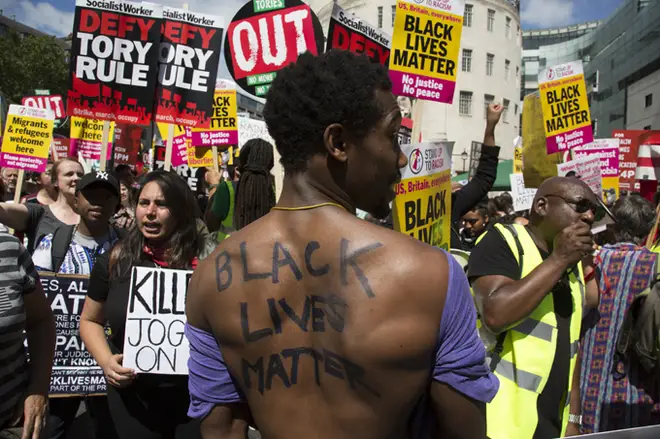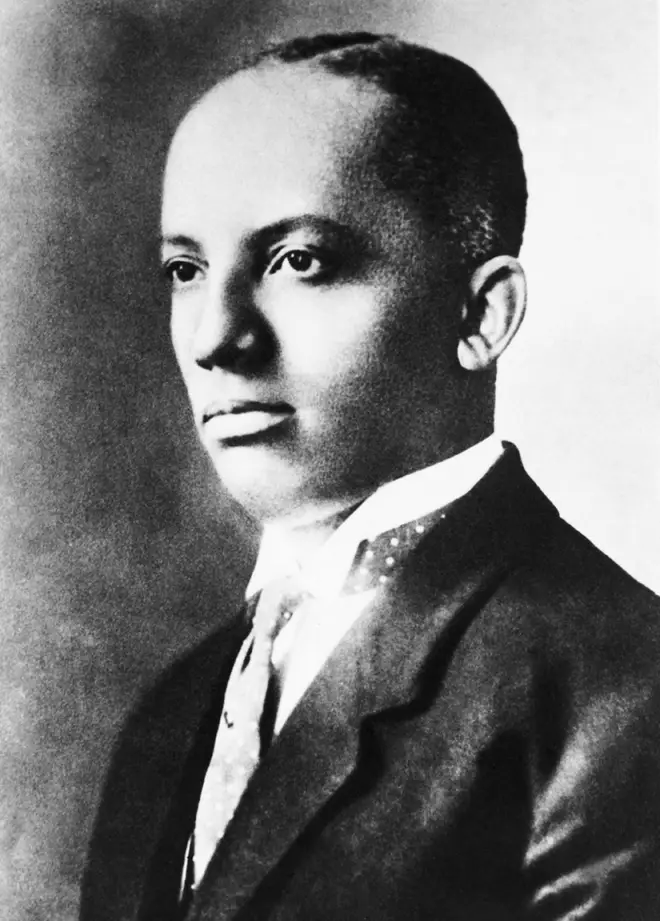On Air Now
Capital Breakfast with Jordan North, Chris Stark and Sian Welby 6am - 10am
1 October 2021, 12:11

Here's all the details on Black History Month UK.
October marks Black History Month in the UK, the celebration and acknowledgement of Black people and their contributions to British society. Surprisingly, the annual event has only been in place since the '80s and many don't even know why we celebrate it. Here's how BHM came to be and why we celebrate it.
READ MORE: Celebrities hand over their Instagram accounts to Black women for Black History Month UK
Black History Month is important because it's an opportunity to really recognise all of the achievements of the Black community in the UK and a chance to appreciate their central role in British culture and history.
You might have heard, "Why don't we have a white history month?" or "Why does there need to be a month celebrating Black history specifically?" Well, Black history is still, sadly, put on the back burner in the UK and in light of the Windrush scandal and worldwide Black Lives Matter protests, it's more important than ever that the contributions Black people have made towards helping make the UK what it is today are acknowledged.
Sure, cramming a whole race's history into just one month of the year does feel a little insincere when a) we exist for the remaining 11 months of the year and b) Black people have been in the UK for much longer than we are often taught. There has been a clear lack of representation in the history books and now academics are uncovering our untold history.
To celebrate people host events at museums, galleries, schools, universities and within the community to give everyone a chance to learn more about how Black British people shaped the UK's culture and society.

In the US, Black History Month is marked every February because of the birthdays of both African American abolitionist Frederick Douglass and US President Abraham Lincoln, who "freed the slaves".
However, in the UK, BHM is celebrated in October. Whilst there's no definite reason why that is, it might be because it's near the start of the academic year (September) meaning it would be the perfect opportunity for Black children to grow up learning about Black history whilst being in school, giving them a sense of pride about their culture.

Black History Month was first celebrated in London in October 1987 after being organised by Ghanaian analyst Akyaaba Addai-Sebo. Apparently, it was founded in part as a response to the race riots in England, which was motivated by racial tensions and a distrust of the police.
However, BHM's origins can be traced all the way back to 1926 in the US, when Negro History Week was introduced by historian Carter G. Woodson. Woodson knew how important Black history was when studying American history as a whole. He said: "If a race has no history, it has no worthwhile tradition, it becomes a negligible factor in the thought of the world, and it stands in danger of being exterminated."
In 1969, it was decided that one week simply wasn't enough and Black History Month was born thanks to black educators at Kent State University. Six years later it was celebrated across all educational institutions and by 1976 President Gerald Ford decreed Black History Month a national observance.